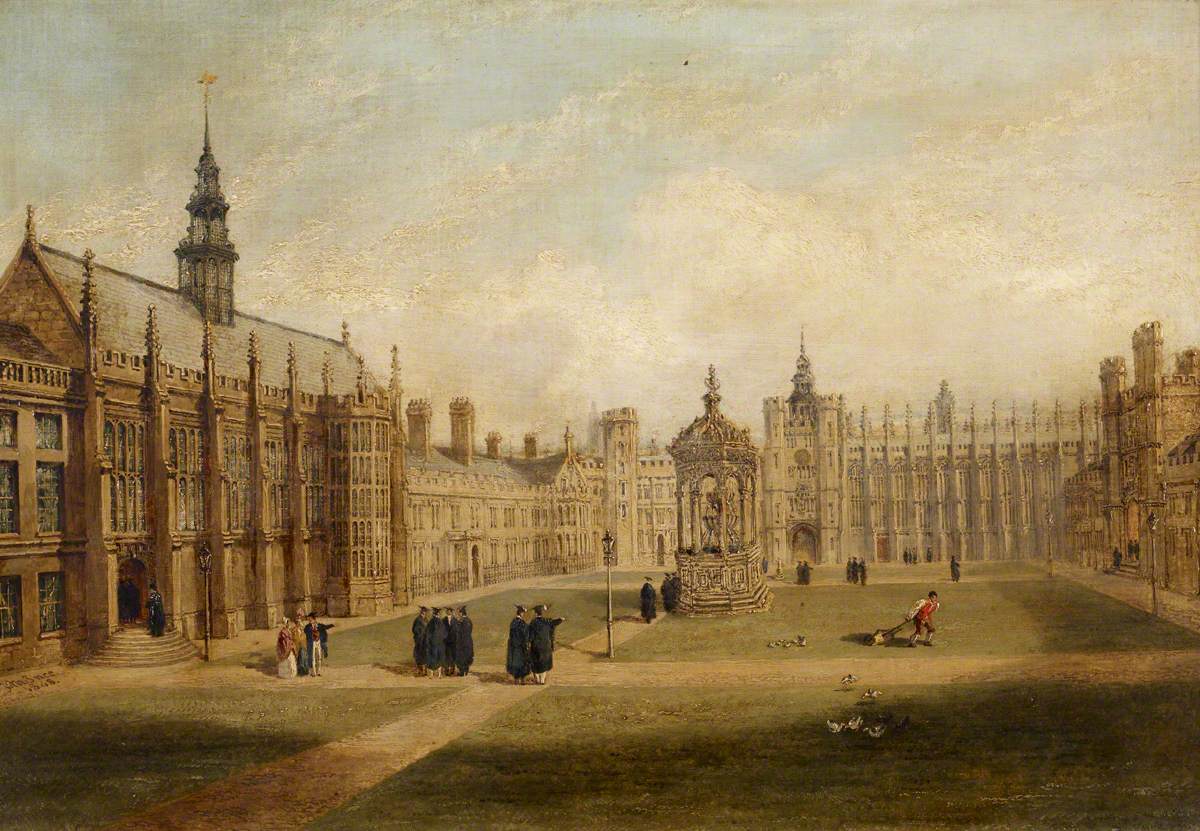I knew Roger fairly well. We were the same age; we spent an almost identical five years at Cambridge University without knowing each other there. We met in Vienna in 1983; I brought him to Melbourne in 1984 to lecture, and again a few years later; he stayed with me. We met in London intermittently in following years, at the Athenaeum Club, looking at Poussin paintings at the National Gallery, at his place in Notting Hill for dinner, and so on.
It turns out that we both became politically conservative because of the same prompt, one experienced quite independently of each other: our reaction against the student movement of May 1968. It was distaste at our contemporary generation of spoilt rich kids, who had no understanding of the society of which they were privileged members, and no respect for it. Noblesse oblige and responsibility had given way to rebel tantrums.
From that moment onwards, Roger found himself living in a time in which the surrounding upper-middle-class culture, and especially that in universities and the arts, was almost entirely contre coeur. This forced him to think everything from scratch—history, philosophy, aesthetics, and sociology. He developed a comprehensive view of the world anchored in his deep love for England. To my mind, his books On Hunting, and England: An Elegy are his finest, and most intimately personal works. Always a man of action as well as principle, he put his ideas into practice by buying a farm and moving to the country. His deep insight into the old English way of life meant that its decline, as he saw it, caused a kind of ailing, and torment in his soul, prompting both lament and resistance.
Roger may have been a maverick and outsider in his own time, but he had a rich intellectual heritage to draw upon. Above all, there was Edmund Burke and his founding principles of conservatism: Burke’s belief in the good sense of the people and their prejudices; the cumulative wisdom of generations; the deep and necessary bonds and obligations between those living in the present and those who came before, and those still to be born; and above all the foolish hubris of those who think they can rationally plan a better society. Indeed, Roger faced, in his own radical contemporaries, the same self-styled progressive force Burke had opposed in the French Revolution, the croaking midgets of the passing hour. Roger’s conservatism also had affinities with that of Dr Johnson, Jane Austen, and some of George Orwell’s late essays.
Roger Scruton was the most driven person I have ever known; and the most mentally curious across a vast frontier. Everything got examined, interpreted, and integrated into his vision of life. It then got turned into a commentary and a sermon. His demeanour was that of an austere Puritan preacher from much earlier times, mellowed by some very down-to-earth passions—hunting, farming, food, and wine. He was equally a modern Don Quixote charging across a barren cultural landscape, vizor lowered, lance in hand, aiming for his chosen targets—the ventriloquist dolls of cultural and national self-hatred, the destroyers of the world he cherished.
John Carroll is Professor Emeritus of Sociology, La Trobe University, Melbourne. His books include The Wreck of Western Culture: Humanism Revisited and The Existential Jesus.
The image shows, “The Great Court of Trinity College Cambridge,” by Joseph Murray Ince, painted in 1848.
